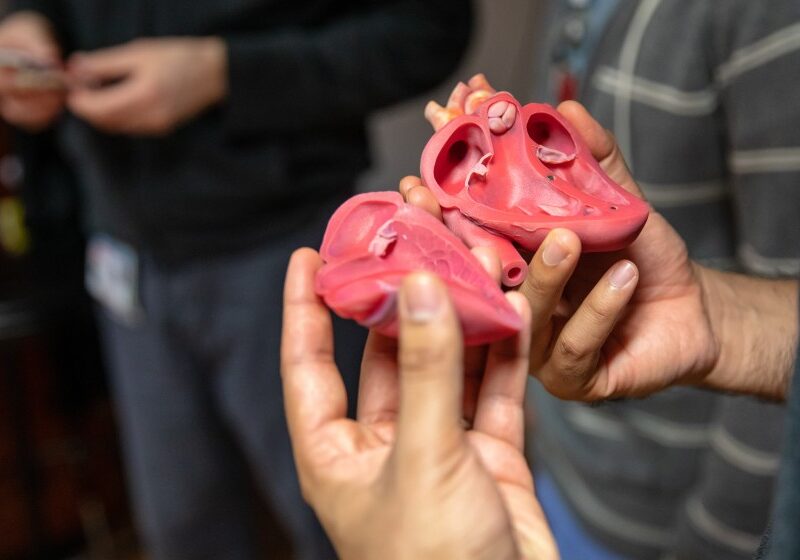Many in higher education fear that the absence of instructors in digital courses creates a dangerous and tempting environment
The rise of the Internet has caused a lot of changes in almost every establishment – including college.
The traditional classroom, where students gather at a specific time and place, is now giving way to it’s digital counterpart, the online classroom.
This shift toward digital home learning allows students to complete homework assignments and tests outside the classroom on a more flexible timeline.
But many in higher education are concerned that without the supervision of professors, the likelihood of cheating will increase.
Websites such as Quizlet and Study Blue have become massive hubs for test and homework sharing, and just a few keywords from a chapter or test can lead to an entire answer sheet.
As a result, schools have turned to online proctoring providers like Proctorio.
These services monitor students during tests, and some have additional features, such as a tab lockdown or the ability to control a student’s computer.
USF St. Petersburg started to use Proctorio in the spring 2016 semester, but instructors aren’t bound by the program and can opt out if the choose.
Per the program, if an online exam requires proctoring, it will be stated in the course syllabus, and prior to the examination, instructions will be provided.
Proctorio assumes control of the computer’s webcam and microphone to monitor student’s and their surroundings.
When it detects something, such as eye aversion, excess noise, or others entering the room, it will send out “red flags”.
Too many red flags and the student fails the test. However, it is ultimately left to the instructor’s discretion to determine if cheating occurred.
Students must have a webcam and microphone (internal or USB) and are required to install Proctorio, which takes the form of a Google Chrome browser extension. USF Student Services suggests test-takers find a “private location with a reliable internet connection,” according to the university website.
USFSP senior Zaina Kabaa recently had to use Proctorio for one of her tests and said the experience wasn’t entirely positive.
“Proctorio is extremely uncomfortable. It feels like you’re really being watched,” said Kabaa. “I was afraid to do anything because it might flag me for no reason.”
For the duration of the test, Kabaa said she had to sit exceptionally still because any movement of her eyes or body, as well as any changes in her surroundings, triggered a red flag.
At one point, her sister came in to talk to her, but she was concerned that responding would raise another consequential red flag.
Kabaa said she was far more worried about the program itself than her test, and felt very distracted throughout it.
And she wasn’t the only one.
“We have a group chat with the whole class,” Kabaa said. “People were talking more about Proctorio and getting flagged than the test itself.”
Proctorio employs the use of identity recognition via webcam and depending on the instructor’s settings, will monitor a student’s exam attempt.
However, unlike other proctoring services, Proctorio does not collect information from students using facial recognition, biometrics or external human based proctors.
If a student is uncomfortable with taking a proctored test on a personal computer, there is an option to take the test at the Student Success Center, as long as both the student and instructor complete and return a request form two days prior to the scheduled exam.
According to the USF website, “Without accountability, student learning has been demonstrated to suffer. Academic dishonesty really is ‘cheating yourself’ … There is also the issue of fairness; students should all be on the same playing field.”
Proctoring software are bound to become more common in the future, as students continue to shift their class schedules online.
Though online monitoring is designed to combat academic dishonesty and isn’t quite as extreme as omniscient government surveillance, being afraid to move or speak at the thought of failing a test is no psychological joke.


